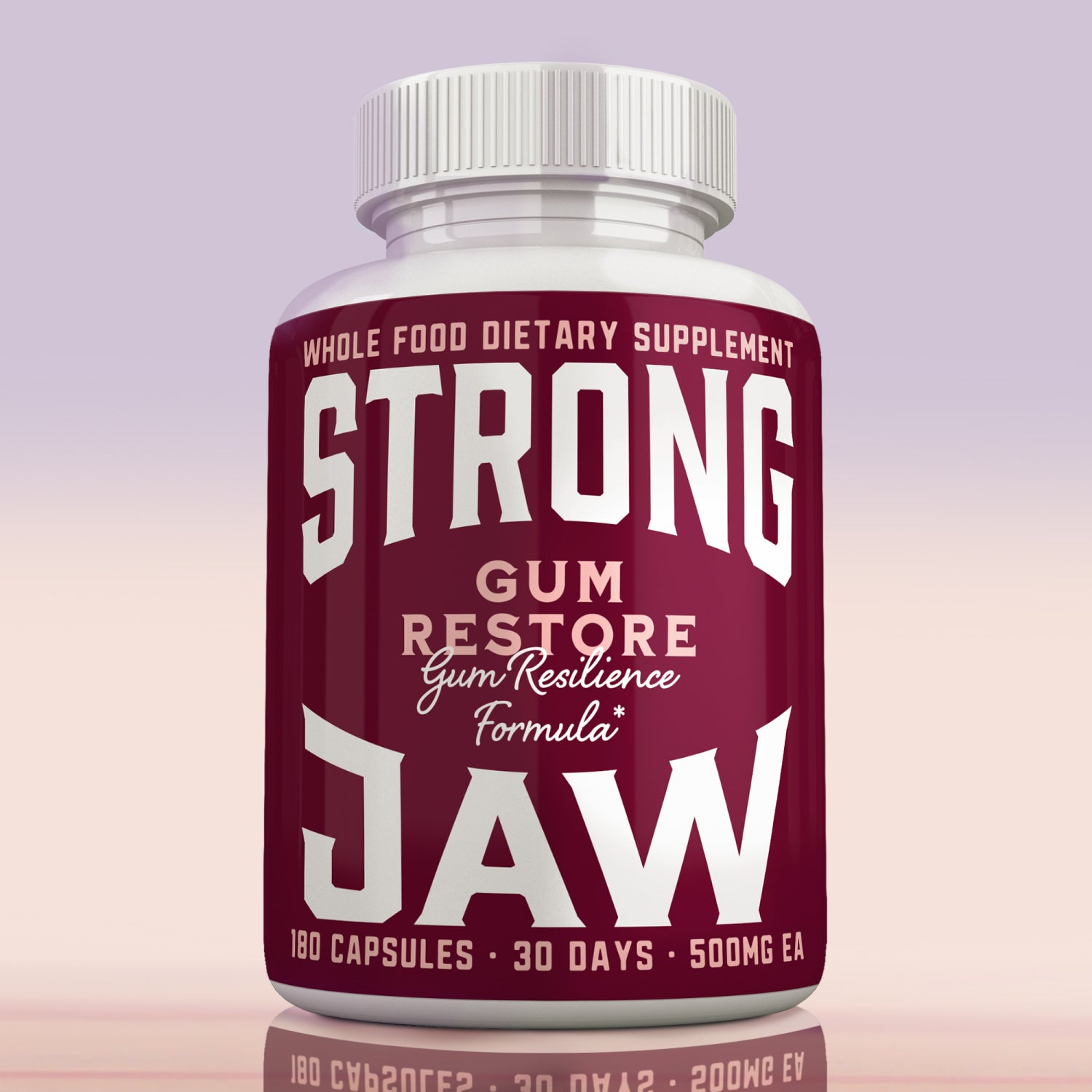Introduction
Welcome back to our ongoing blog series where we explore the intricate relationship between diet and dental health, guided by the expertise of Dr. Steven Lin. We've covered a variety of topics so far, from the role of sugar and the oral microbiome to nutrients, systemic health, bad breath, bruxism, and the importance of Vitamin D. Today, we're taking a different route by debunking some of the most common myths about dental health.
The Need for Debunking Myths
Why It's Important
Misinformation can be harmful, especially when it comes to something as crucial as dental health. Dr. Lin emphasizes the need for accurate, evidence-based information to guide our dental care practices. Debunking myths is not just about correcting false beliefs; it's about empowering people to make better decisions for their oral health.
Myth 1: Sugar is the Only Cause of Tooth Decay
The Myth and Its Prevalence
One of the most prevalent myths is that sugar is the sole culprit behind tooth decay. While it's true that sugar plays a role, it's far from being the only factor.
Dr. Lin's Explanation
According to Dr. Lin, blaming sugar alone oversimplifies the complex process that leads to tooth decay. Other factors like poor oral hygiene, carbonated drinks, and an imbalanced oral microbiome also contribute significantly.
Myth 2: Brushing Right After Eating is Good
The Myth
Many people believe that brushing immediately after eating is the best practice for oral hygiene.
Dr. Lin's Explanation
Dr. Lin warns that brushing right after eating, especially after consuming acidic or sugary foods, can actually harm your enamel. The best practice is to wait at least 30 minutes before brushing.
Myth 3: All Mouthwashes are Good for Oral Health
The Myth
The general belief is that all mouthwashes are beneficial for your oral health.
Dr. Lin's Views
Dr. Lin explains that not all mouthwashes are created equal. Some contain alcohol or other ingredients that can disrupt your oral microbiome. He recommends opting for alcohol-free mouthwashes that contain natural ingredients. For example something as simple as a salt water rinse.
Myth 4: Flossing is Unnecessary
The Myth
Some people think that flossing is redundant if you're brushing your teeth regularly.
Dr. Lin's Arguments
Dr. Lin strongly advocates for flossing as an essential part of oral hygiene. Flossing reaches areas between the teeth that brushing alone can't, helping to remove plaque and food particles.
Myth 5: Chewing Gum Replaces Brushing
The Myth
The belief here is that chewing gum can be a substitute for brushing your teeth.
Dr. Lin's Debunking
Dr. Lin categorically states that while chewing gum can temporarily freshen your breath, it does not replace the thorough cleaning that brushing and flossing provide.
Myth 6: Whitening Products are Safe for Everyone
The Myth
The common perception is that teeth whitening products are universally safe.
Dr. Lin's Warnings
Dr. Lin cautions that whitening products can be abrasive and may harm your enamel. Always consult with a dental professional before using such products.
Myth 7: Baby Teeth Don't Matter
The Myth
Some people believe that since baby teeth eventually fall out, they don't require much care.
Dr. Lin's Explanation
Dr. Lin stresses that baby teeth serve as placeholders for adult teeth and play a crucial role in a child's long-term dental health. Neglecting them can lead to problems down the line.
Practical Tips for Dental Health
Based on debunking these myths, Dr. Lin recommends the following for maintaining good dental health:
- Dietary Changes: Limit sugar, carbonated drinks and processed foods.
- Oral Hygiene: Brush and floss regularly, but not immediately after eating.
- Mouthwash Choice: Go for alcohol-free, natural mouthwashes such as salt water.
Conclusion
Debunking myths is crucial for making informed decisions about our dental health. Dr. Steven Lin provides valuable insights that challenge common misconceptions, helping us understand the complexities of dental health better. Armed with this knowledge, we can make better choices that benefit not just our oral health, but our overall well-being.
Thank you for joining us in this installment of our blog series. Stay tuned for the next part where we will explore The Future of Dental Health.





